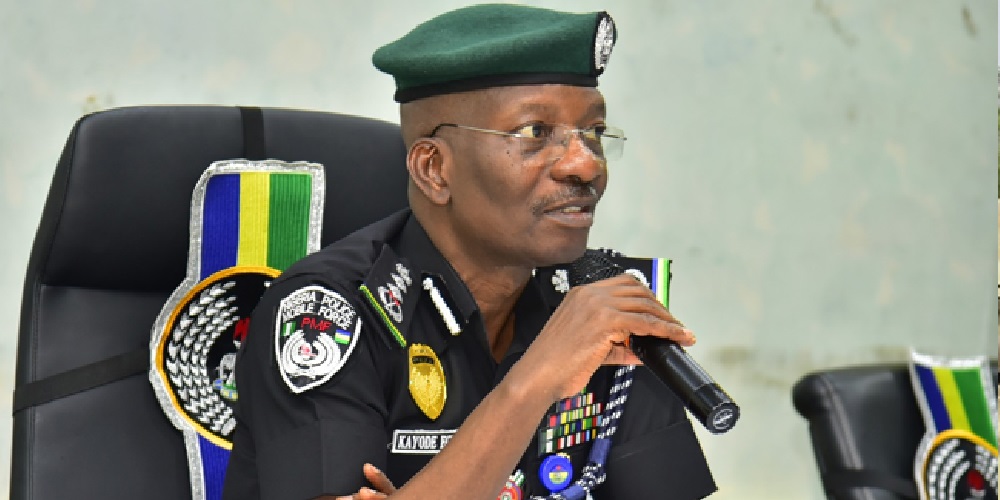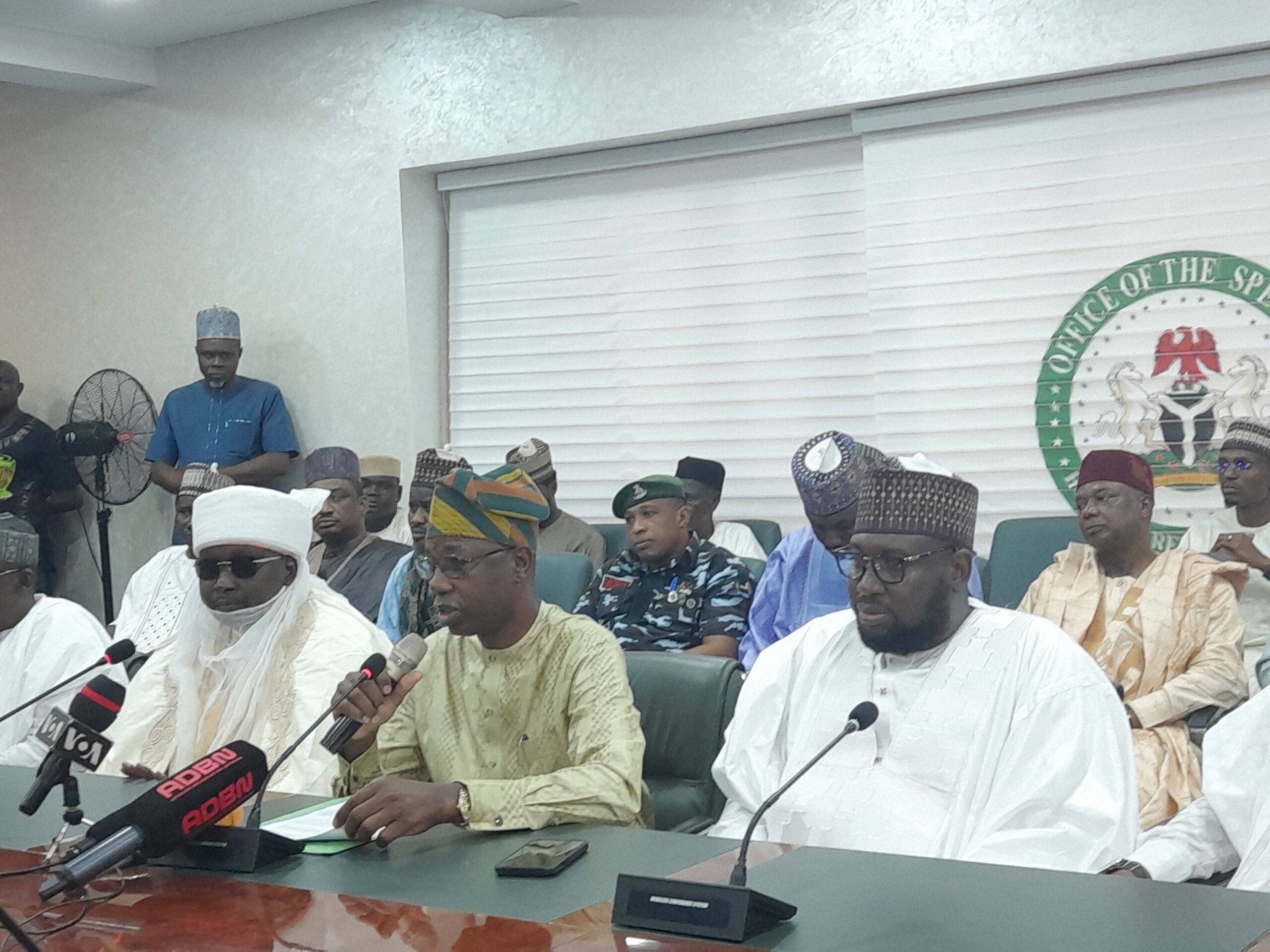News
February 29 birthday celebrants celebrate leap year

*Says, they are mysterious, special beings
By Francesca Hangeior
A leap year occurs once every four years to account for the extra time it takes for the Earth to complete its orbit around the Sun.
This adjustment is necessary to keep the calendar year synchronised with the astronomical year.
Individuals born on Feb. 29, also known as leap day, have a unique birthday that only comes around every four years.
They often refer to themselves as ‘special breeds’ or ‘special beings’ due to the rarity of their birthdate.
Some of these celebrants express joy and gratitude for the opportunity to celebrate their birthdays in a way that sets them apart from others.
For those born on Feb. 29, celebrating birthdays can be a mixture of joy and occasional challenges.
While some see their unique birthdate as a blessing, others see it as awkward when comparing their birthday celebrations to those who have annual birthdays.
Some Lagos residents, born Feb. 29, while expressing their views about the day said, they are unique and special.
15-year-old Damilare Ijiwade, born Feb.29, 2009, described the day as “unique”.
“For this rare and special opportunity, my daddy has planned a little get-together for me with my friends because of the uniqueness of the celebration.
“I give thanks to God for the benefit of seeing another birthday after four years.
“I feel great because my birthday is a very peculiar one that is being celebrated every four years. There is no need for me to be worried about it. I only put my mind on the fourth year,” Ijiwade said.
According to Shadrach Akowonjo, a 24 -year-old Civil Engineer, born Feb. 29, 2000, he feels awkward when others talk about celebrating their birthdays every year.
Though it’s not funny at all but all the same, I thank God, I will be visiting the orphanage.
“When others talk about birthday other years, I feel awkward but who am I to question God, that’s our faith, we accept it, ” he said.
For Favour Thompson, a student born Feb. 29, 2008, described Feb.29 as a day for ‘mysterious and special beings’.
“I feel and believe being born on such a date is a misery, I am glad and honoured having to celebrate this year.
“Though people always mocked me every year, but it’s our turn to demonstrate God’s grace in our lives,” he said.
Meanwhile, a priest, Rev. Father Clement Odiah, of the Seat of Wisdom Catholic College, Alagbaka, Akure, Ondo State, said individuals born Feb.29 are called ‘leapling babies’.
“They didn’t choose to be born on that date, however, they found themselves to be born on such day.
“There are so many things in life that we just have to find a way round it, we can’t deny or push them away. It’s not that they sinned or did anything wrong.
“Having birthdays annually is an opportunity to thank God to celebrate birthday every year, some don’t have such an opportunity.
“Some break relationships or cause animosity for their birthdays not been celebrated. Tell them to calm down, if they have nothing to celebrate this year, another year will come. After all, some celebrate just once in four years, yet heaven hasn’t fallen,” he said.
Another Catholic Cleric, of Saints Gregory Major Seminary, Ogun, Rev. Fr. Paul Amenaghawon, said that those born Feb. 29 had the liberty to celebrate on other closer days.
“As long as those born on Feb. 29 increase in age every year, they can celebrate on either Feb. 28 or March 1, as they choose.
“What matters is that they remember they are increasing in age every year, regardless of having Feb. 29 or not,” he said.
Also speaking, Rev. Fr. Anthony Afariogun, Chaplain, Our Lady Queen of Peace Catholic Chaplaincy, Adeyemi Federal University of Education, Ondo State, said celebrating once in four years is ‘divine’.
“Celebrating birthday once in four years is divine. They have opportunity of saving money for the next four years and prepare very well. It gives them also opportunity to reflect on their lives and see how to serve God better.
News
Finally, IGP approves hunger protests across Nigeria

The Nigerian police has finally approved the planned nationwide protests and outlined conditions for participants.
The Inspector General of Police, Kayode Egbetokun, revealed this on Friday while addressing journalists in Abuja.
He urged all groups planning to participate in the proposed nationwide protest to submit their details to the Commissioners of Police in their respective states.
The police boss said this was to ensure the protest was peaceful.
Egbetokun said, “We acknowledge the constitutional right of Nigerian citizens to peaceful assembly and protest.
“However, in the interest of public safety and order, we urge all groups planning to protest to provide necessary details to the Commissioner of Police in the state where the protest is intended to take place.
“To facilitate a successful and incident-free protest, they should please provide the following information: state the proposed protest routes and assembly points; expected duration of the protest; and names and contact details of protest leaders and organisers.”
The police boss said the information expected from the organisers also include measures to prevent hijacking by criminal elements, as well as key identifiers for possible isolation of potential troublemakers.
By providing the information, he said, the police will be able to deploy adequate personnel and resources to ensure public safety.
He said the police needed to know the specific routes and areas for the protest to avoid conflicts with other events or activities.
Mr Egbetokun said the police will “establish clear communication channels with protest leaders to address any concerns or issues that may arise; minimise the risk of violence, property damage, or other criminal activity.
“We encourage all protesters to cooperate with the police, obey the law, and adhere to global best practices for peaceful assembly to guarantee a safe and successful exercise of their rights.
News
Reps North-West Caucus Beg Youths, Citizens In The Region Not To Join Planned Protest

News
Reps Applaud FCT Minister, Wike On AICL Improved Revenue, Infrastructure

-

 News21 hours ago
News21 hours agoIwuanyanwu was a Heavyweight in all ramifications-Abaribe
-

 News20 hours ago
News20 hours agoTinubu, Southern Govs Mourn Iwuanyanwu
-

 News19 hours ago
News19 hours agoSokoto Governor, Aliyu’s Wife Holds Lavish Birthday As Guests Spray Dollar Notes On Her Amid Hunger, Hardship
-

 News19 hours ago
News19 hours agoProtest: President Tinubu In Closed-door Meeting With Traditional Rulers (Video)
-

 News21 hours ago
News21 hours agoTinubu’s Presidency Is Failing Nigerians – Afenifere
-

 News16 hours ago
News16 hours agoNationwide protest: ‘Airport Is Filled Up, Govs, Senators, Reps, Ministers Traveling Abroad’ — Fayose
-

 News21 hours ago
News21 hours agoIGP Orders DPOs, Their Men To Storm Vulcanizer Shops Ahead Of Planned Nationwide Protest
-

 Metro20 hours ago
Metro20 hours ago8 School Children Rescued In Lokoja Auto Crash







